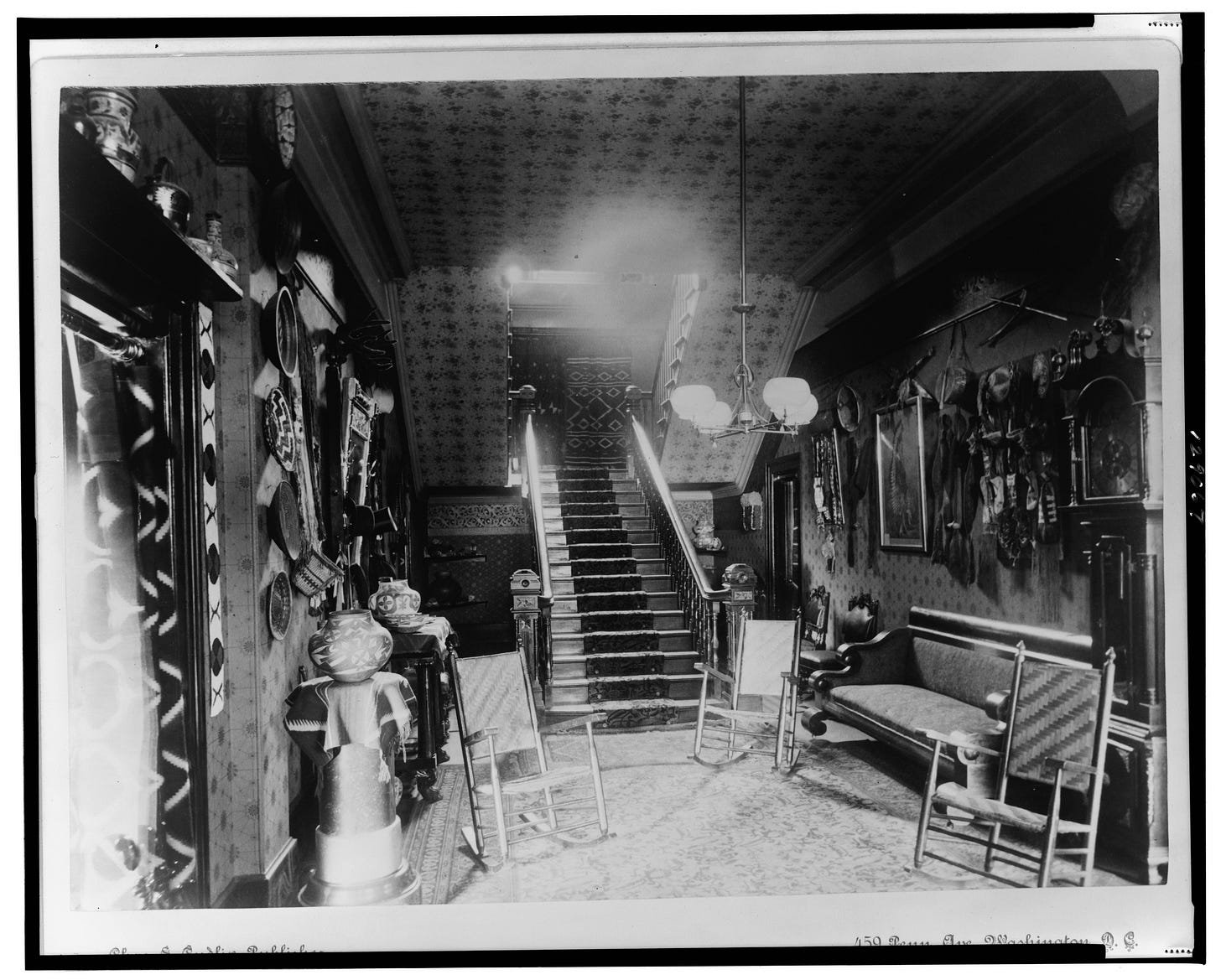
Hughes Mearns (1875–1965) was a bad guy. Oh, not in any strict sense of bad behavior. Just someone who lived a long happy life and left a baleful legacy. A theorist of American education, he was a Harvard undergraduate who went on to direct education programs in Pennsylvania and Columbia University. A passionate extender of the theories of John Dewey, Mearns was a dynamic figure, just filled with bubbly ideas about how to educate children in the modern age. Only God can save us from the enthusiasms of such men.
Mearns was particularly the motive force behind the creative-writing movement: the idea that what our children primarily lack is creativity. The job of teachers is thus not to correct their mistakes or even to teach much new material. The fundamental task of education, he preached in such influential books as Creative Youth (1925) and Creative Power (1929), is to encourage children to be creative. Creative about what? That didn’t seem to ma…
Keep reading with a 7-day free trial
Subscribe to Poems Ancient and Modern to keep reading this post and get 7 days of free access to the full post archives.



